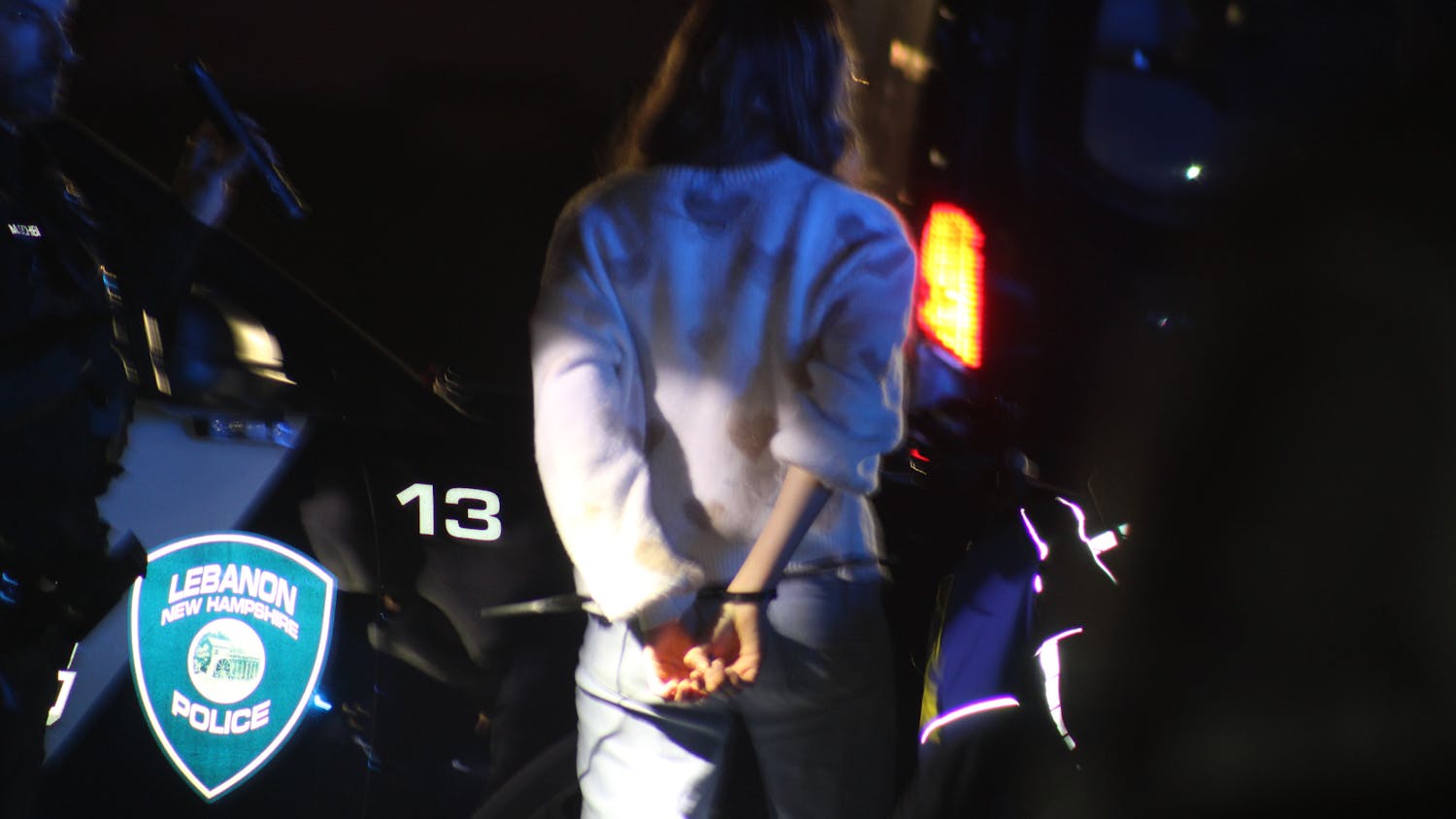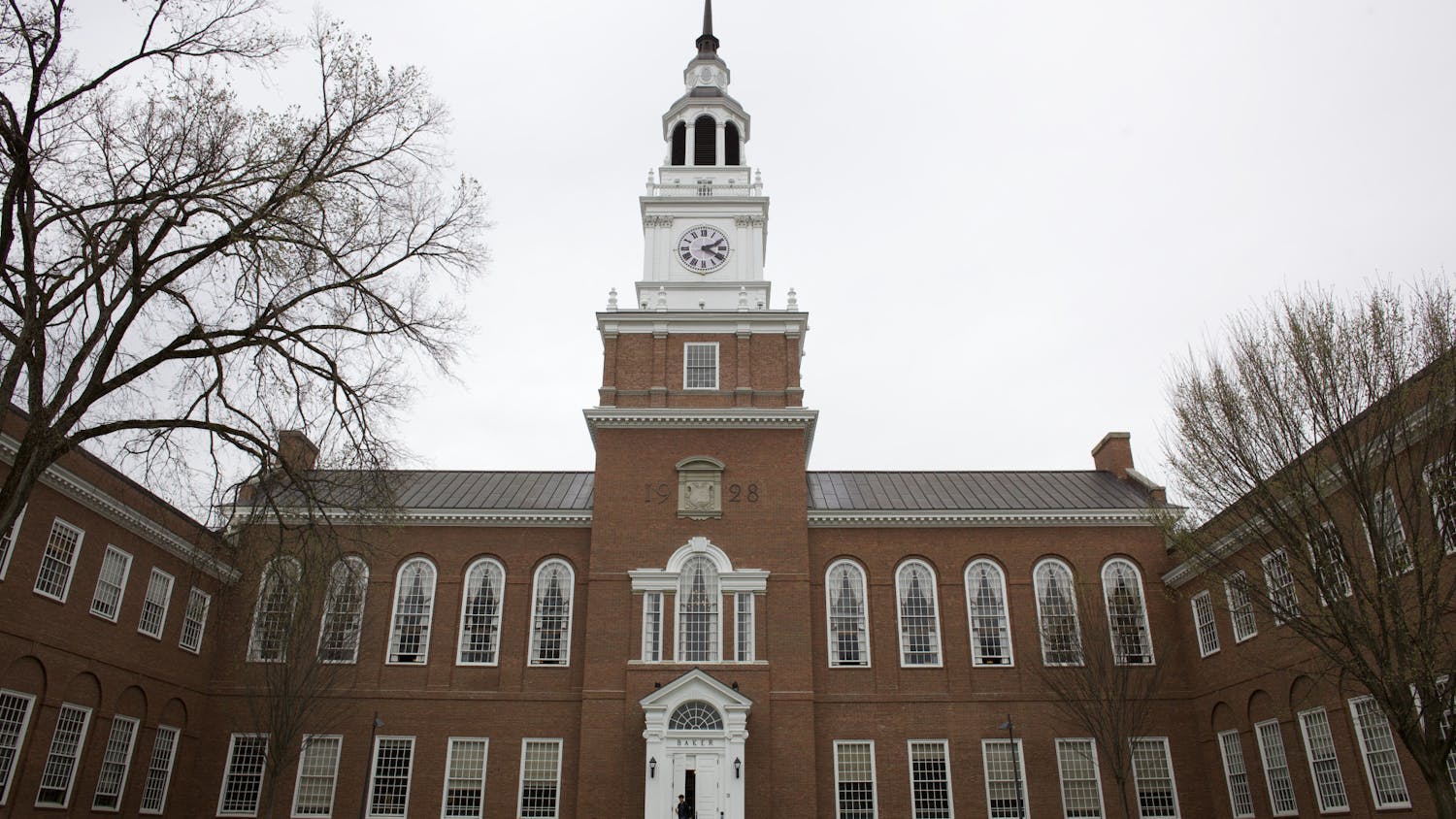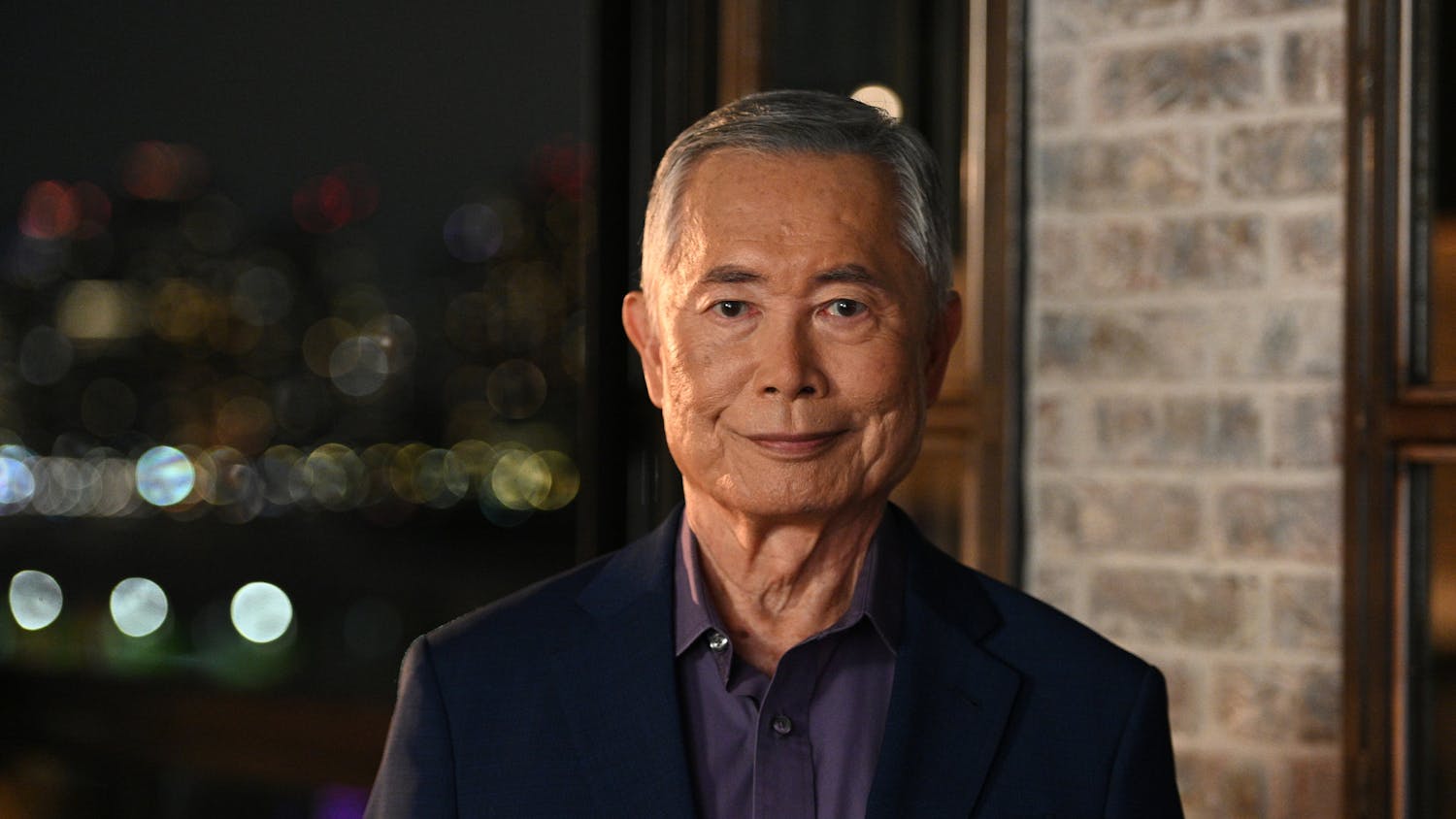In spite of a nationally growing gender discrepancy between women and men enrolling in college and receiving bachelor degrees, Dartmouth's gender ratio has remained balanced and constant for the past few years.
According to a recent article published by the Washington Post, the amount of female bachelor degree recipients is significantly greater than the amount of male bachelor degree recipients, as of the 1980s, and has continued to increase.
Data provided by the admissions office reveals that for the past five years, men have consistently formed the majority of the Dartmouth applicant pool -- but interestingly, the acceptance rate for women over the past few years has been higher than the acceptance rate for men, with an average of 23 percent of women applicants and 20 percent of men having been accepted by the college.
Additionally, the past five years suggest there has been a slightly higher average percentage of males who choose to enroll at Dartmouth.
Dean of Admissions Karl Furstenberg said that the situation at Dartmouth regarding the gender ratio is "very healthy". He also offered assurances that the College does not have a gender balance agenda in mind during the admissions process, but that the ratio of gender in the student body works itself out to be equitable.
Women's Resource Center Director Giavanna Munafo suggested that the trend seen at Dartmouth is not unique to the College, but part of a general pattern at selective institutions. "It's not just Dartmouth, it's the Ivies in general that have hovered closer and closer to equity from what I understand," Munafo said.
"I think these quote-unquote 'elite' institutions that are highly competitive and highly selective, like Dartmouth and the other Ivies, have a different trend," she added, "and we often have a different trend than most higher education institutions around lots of different issues."
Ozzie Harris, the special assistant to the president for Institutional Diversity and Equity, also emphasized that highly selective institutions are hardly representative of trends that are going on at large nationally.
"Institutions like Dartmouth represent a very small portion of the pie" of all college students, Harris said.
As Dartmouth maintains itself apart from this national trend with a fairly equal representation of men and women in both its enrollment and distribution of bachelor degrees, the question arises as to whether or not the Dartmouth community should be concerned with this divergence from the trend.
Harris believes that the issue is worth exploring. "If the case is, all things being equal, that more women are applying to other institutions, I would want to know why that is not the case at Dartmouth, and I'd be interested in knowing what might account for that."
But Munafo is not worried. "I feel like Dartmouth is doing a good job on this issue; if the numbers of women really decreased against a national trend of women increasing, then I would be concerned."
Both Munafo and Harris could not offer concrete answers as to why Dartmouth does not reflect the gender discrepancy, saying that the issue is too complex to explain without extensive research.



